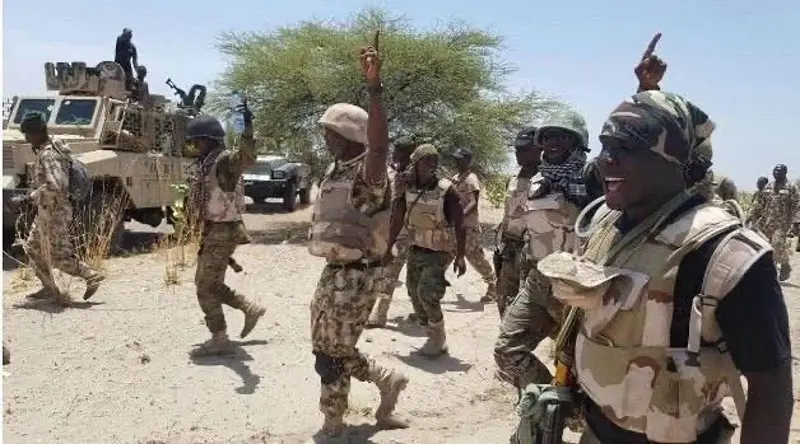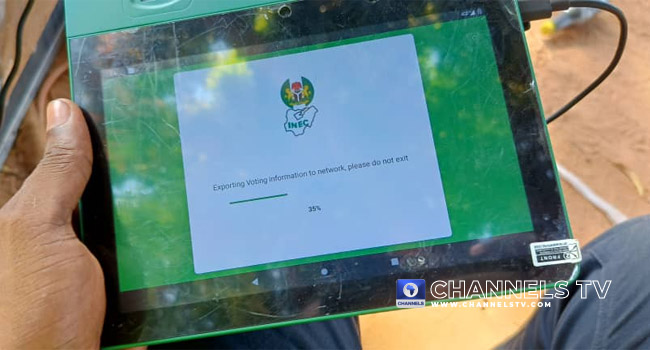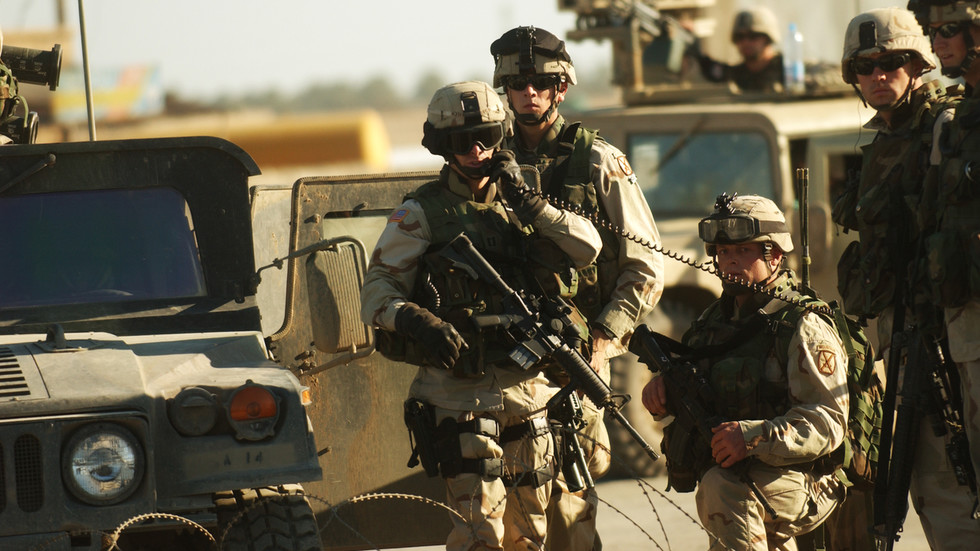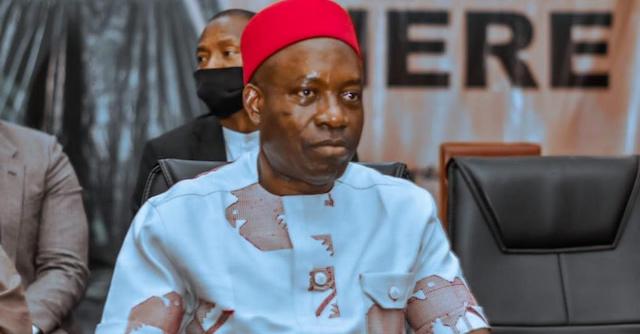A high-profile delegation from Nigerian President Bola Tinubu’s administration recently faced scrutiny during a two-day meeting in Kaduna, a historic political hub for northern Nigeria’s elite. The event, organized by the Sir Ahmadu Bello Sardauna Memorial Foundation, aimed to address growing concerns over security, infrastructure, and perceived inequities in governance ahead of the 2027 elections.
Senior officials, including Secretary to the Government of the Federation George Akume and National Security Adviser Nuhu Ribadu, led the delegation, which included military leaders and ministers. Ribadu highlighted security gains, presenting data and images of neutralized bandits, and emphasized reduced violence on the Abuja-Kaduna highway and in Birnin Gwari—areas previously plagued by kidnappings and attacks. However, critics countered that banditry remains rampant in states like Zamfara, Sokoto, Katsina, and Niger, where militants operate with little restraint. Notably, Defense Minister of State Bello Matawalle and Chief of Defense Staff General Christopher Musa, both natives of the affected regions, faced questions over the persistent crisis.
Infrastructure emerged as another flashpoint. Northern leaders criticized the dilapidated state of roads linking the region to southern Nigeria and within the north itself, contrasting it with ongoing projects in other parts of the country. Observers noted disparities in funding allocations, with northern road networks reportedly starved of resources despite their economic significance.
The meeting also reignited debates about representation. Attendees raised concerns over the concentration of key security and financial roles within a specific geographic enclave, fueling accusations of nepotism. Bashir Dalhatu, chairman of the Arewa Consultative Forum’s board of trustees, encapsulated northern frustrations, arguing that Tinubu’s unfulfilled 2022 pledges—including equitable development and inclusive governance—have eroded trust.
While the event underscored Kaduna’s enduring role as a political nerve center, it also revealed challenges for Tinubu’s 2027 ambitions. Northern voters, who heavily supported him in 2023, increasingly question whether their priorities are being addressed. The delegation’s presence signaled an early effort to mend ties, but with banditry persisting in critical zones and infrastructure lagging, analysts suggest the administration faces an uphill battle to regain confidence.
The outcome of the dialogue remains uncertain, but the stakes are clear: as political strategists begin laying groundwork for the next election, addressing regional grievances will be pivotal to securing the north’s influential voter base.



